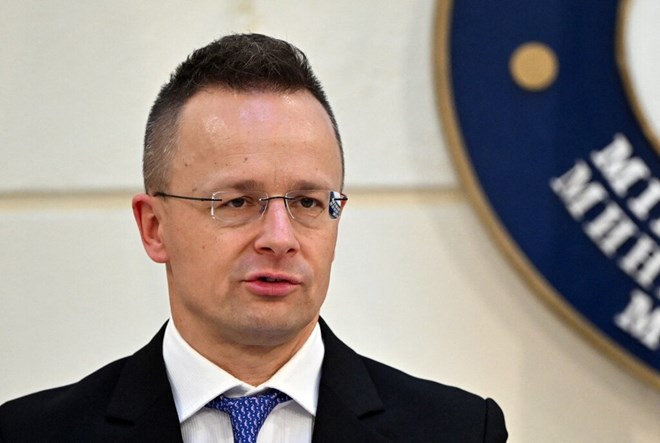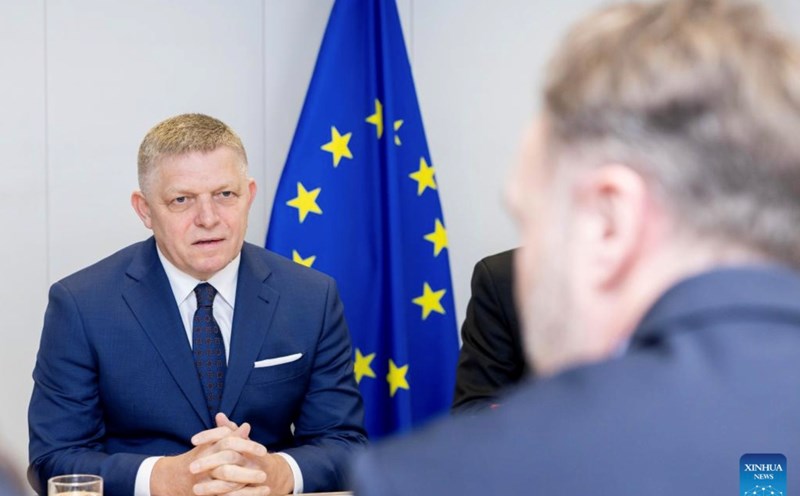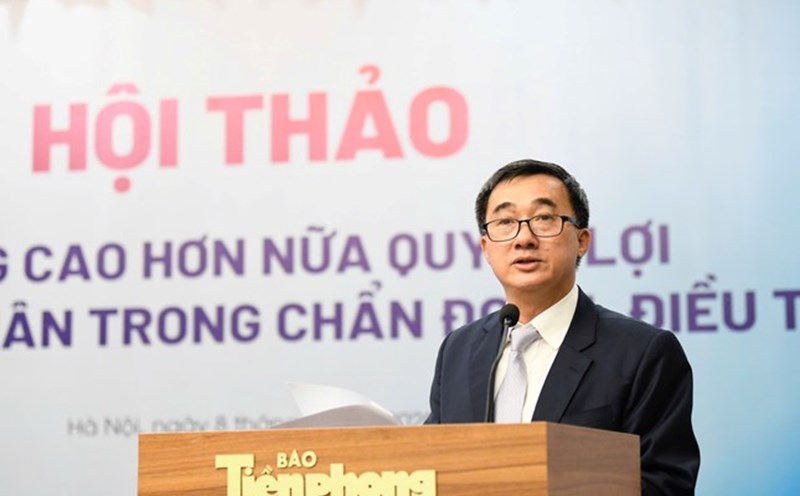Izvestia reported that on May 7, Hungarian Foreign Minister Peter Szijjarto said that Hungary will not support the European Union (EU) proposal to provide additional military aid to Ukraine right before the informal meeting between EU foreign ministers.
In an article on social network X, Mr. Szijjarto affirmed that Hungarians will not pay for the conflict in Ukraine, and emphasized that this is something that Budapest has repeatedly stated over the past 3 years.
Szijjarto said the EU's demand for "more money and weapons" for Kiev would harm Hungary's energy security.
On the same day, Hungarian Prime Minister Viktor Orban said that taxpayers in Europe are bearing the costs of financial and military aid to Ukraine. He also criticized the recent statement of European Commission (EC) President Ursula von der Leyen, in which she called on EU members to speed up the process of admitting Ukraine.
According to Mr. Orban's previous argument, Ukraine's entry into the EU not only risks pushing the Hungarian economy into a "crisis" but also poses economic risks to the entire bloc. He stressed that Ukraine could not become an EU member without the consent of Hungary, in the context that the EU is pushing for a plan to admit Kiev by 2030.

According to RT, for its part, on May 7, EC President Ursula von der Leyen said that negotiations to admit Ukraine should be launched in 2025. She argued that the move would strengthen Kiev's negotiating position against Moscow and attract more investment in Ukraine's growing defense industry.
Speaking at the European Day event, Ms. von der Leyen said the EU needs to help Ukraine stand firm against external threats with 3 priorities: national defense assistance, ending dependence on Russian fossil fuels, and especially accelerating Ukraine's EU entry process.
She added that the EU is coordinating with Ukraine to open the first cluster of talks and aims to open all clusters by 2025.
Meanwhile, Russia remains more cautious about Ukraine's EU membership than NATO. Kremlin spokesman Dmitry Peskov said Ukraine has soviet authority to join if the process is purely economic and not related to the military alliance. However, he warned that the EU is gradually losing its civil character by continuing to support Kiev and considering Russia a main opponent.
Russian Foreign Minister Sergei Lavrov also commented that the EU is "militarizing at a record speed" and stated that "it is increasingly difficult to distinguish between the EU and NATO".











